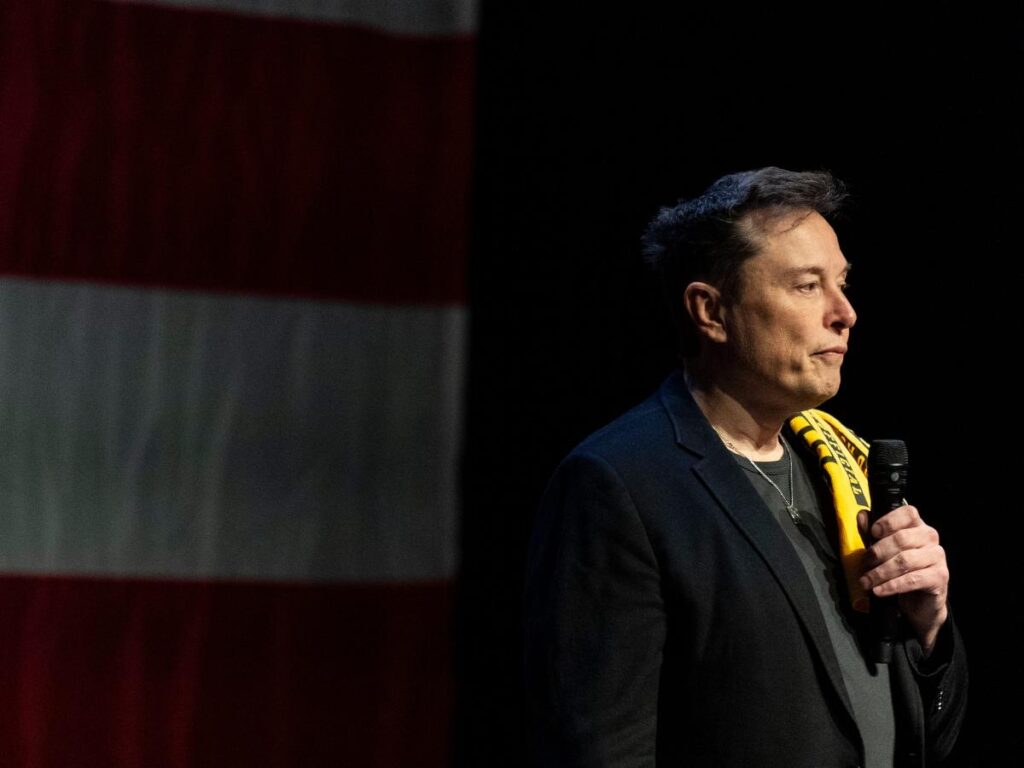Elon Musk has become increasingly vocal about his political engagement, particularly regarding his support for Donald Trump. Recently, Musk expressed his interest in taking on a significant role within the White House if Trump were to win a second term. Specifically, Musk has indicated that he would like to lead a potential government efficiency commission. His enthusiasm for this role stems from his belief that there are considerable inefficiencies and excessive regulations within the government that need to be addressed. This candidacy comes alongside his active involvement in Trump’s campaign, which has included arranging town halls and traveling to pivotal swing states to rally support.
During Tesla’s latest earnings call, where the company reported better-than-expected third-quarter results, Musk shared his views on autonomous vehicles, advocating for federal regulation rather than state-by-state approval. He believes that a cohesive federal approach is essential for the effective deployment of autonomous vehicles, which he anticipates will be on the roads in Texas and California within the next year, assuming state approval is granted. Musk’s comments underscore his ongoing push for streamlined regulations and the removal of what he perceives as bureaucratic hurdles that hinder technological advancement.
Musk’s vision for a federal approval process aligns with his broader goal of enhancing government efficiency. By stating that he would attempt to facilitate this federal regulation of autonomous vehicles, Musk shows a commitment not just to Tesla’s interests but to the industry at large. His suggestions are positioned as beneficial for the wider public, highlighting that he seeks to promote innovation while addressing regulatory concerns. This position on vehicle autonomy demonstrates his belief in the necessity of a supportive federal framework to foster technological growth.
Moreover, Musk’s comments tie into his recent advocacy for significant workforce reductions within the federal government. During a town hall in Pennsylvania, he floated the idea of dismissing a notable number of federal employees while offering them severance packages. This proposal is indicative of Musk’s hardline approach to what he considers government inefficiencies. His willingness to engage in discussions about workforce reductions signals a broader shift in how he envisions government operations, aiming for a leaner, more agile structure that can adapt to rapid technological changes.
Musk’s involvement with the Trump campaign goes beyond mere endorsement; he is actively participating in election-related activities that raise questions about potential legal implications. Experts have noted that some of his campaign strategies, such as hosting voting sweepstakes, could be in conflict with election laws. His zealous approach suggests a strong commitment to influencing the political landscape, potentially to shape a regulatory environment that benefits his interests with Tesla and other ventures.
In conclusion, Elon Musk’s political ambitions appear to intertwine closely with his entrepreneurial focus. His candidacy for a role in a potential Trump administration reflects not only a personal investment in government efficiency but also a broader ideological stance advocating for the advancement of technologies like autonomous vehicles through streamlined regulations. As he continues to engage in the political arena, Musk remains a polarizing figure, his strategies eliciting both support and scrutiny as he navigates the intersections of business, innovation, and governance in the United States.

